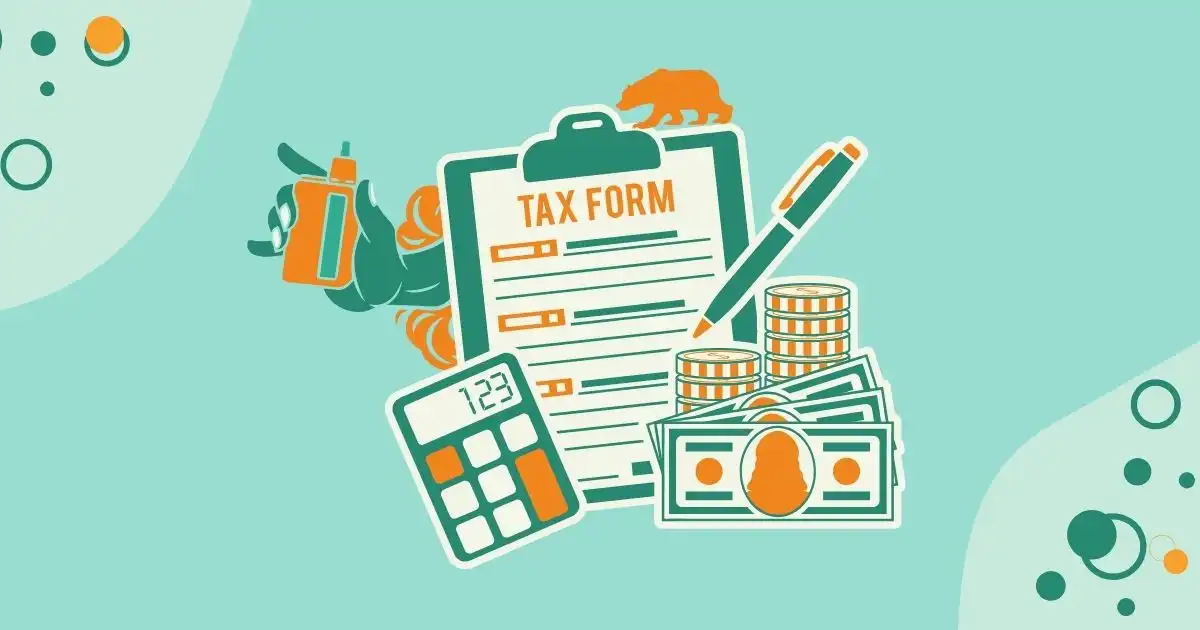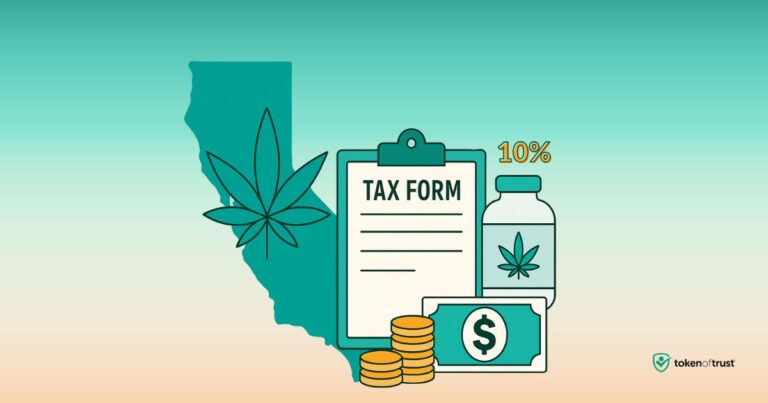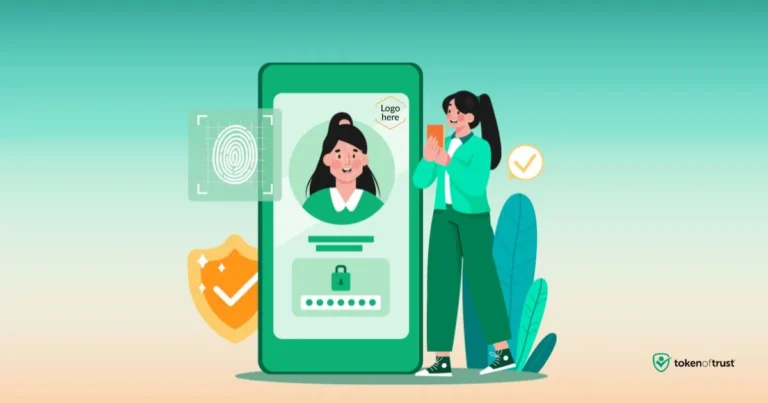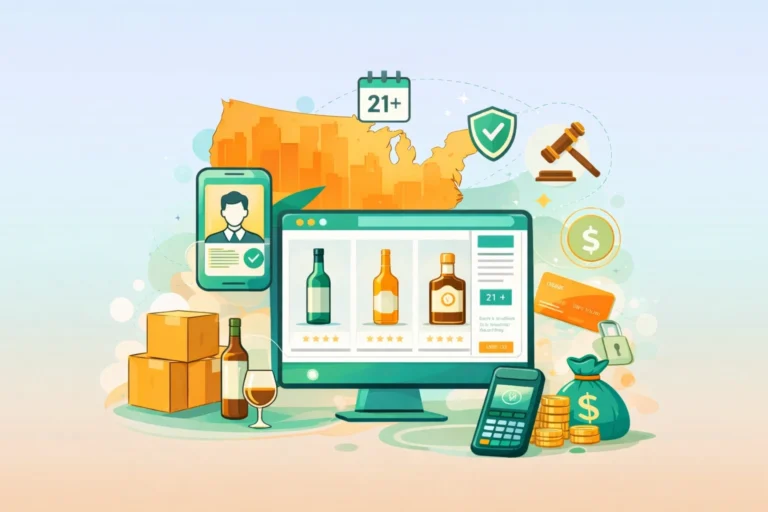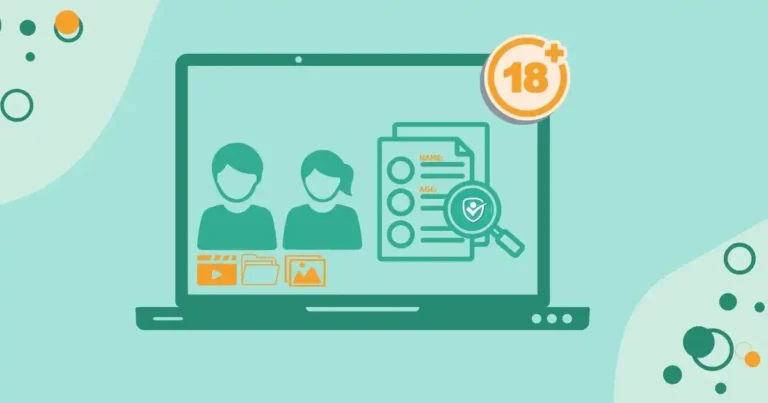How California’s Electronic Cigarette Excise Tax Impacts Your Business
California’s Electronic Cigarette Excise Tax (CECET) has dramatically reshaped how vape products are sold across the state. It impacts pricing, influences consumer behavior, and affects the broader vaping industry, marking a pivotal moment for both retailers and users. Since its implementation, businesses must collect a 12.5% excise tax on the retail price of e-cigarettes and related products at checkout. This tax also introduces complex compliance requirements, including quarterly reporting and payment obligations.
We’ll explore how CECET affects businesses, the challenges businesses may face, and practical steps to ensure your business remains compliant while minimizing risks.
What is CECET?
The California Department of Tax and Fee Administration (CDTFA) introduced the California Electronic Cigarette Excise Tax (CECET) to regulate the sale of vaping products within the state. Implemented on July 1, 2022, the tax aims to reduce tobacco-related product use and raise revenue.
Key requirements of CECET
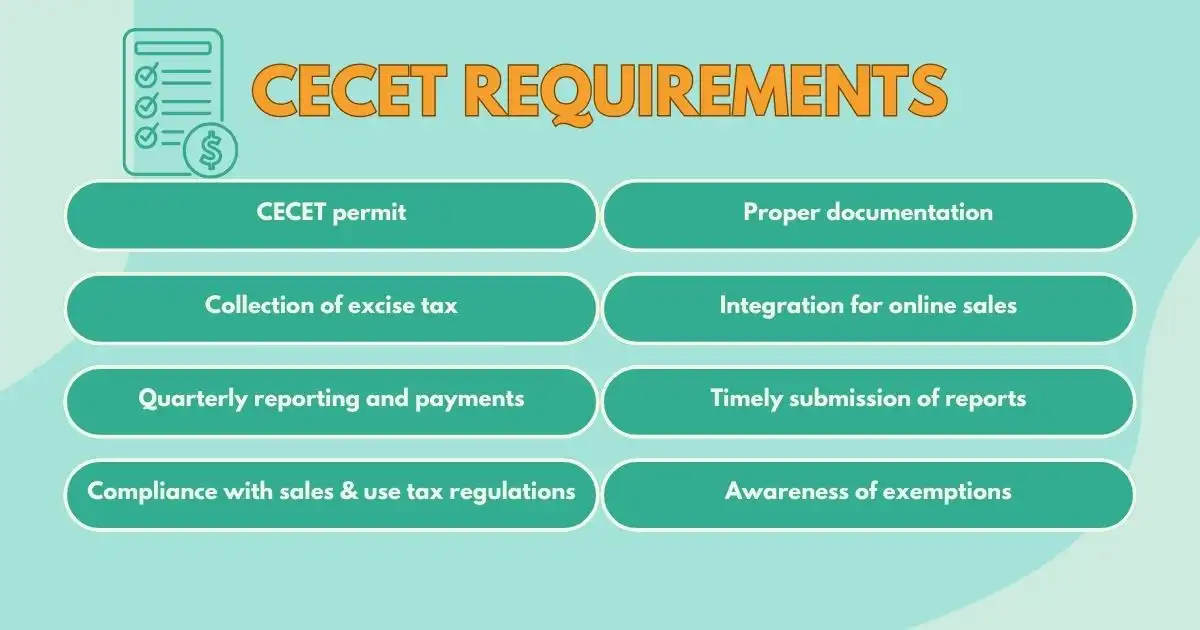
- CECET permit:
Retailers must obtain a CECET permit from the California Department of Tax and Fee Administration (CDTFA) to legally sell vapor products in the state. This involves registering with the CDTFA and ensuring compliance with the applicable tax rules. - Collection of excise tax:
The excise tax rate is 12.5% of the retail price of vapor products. This tax must be collected from customers at the point of sale, in addition to the regular sales tax. - Quarterly reporting and payments:
Businesses must file quarterly reports with the CDTFA, detailing the excise tax collected. Payments for the excise tax are due at the time of filing these reports. This is done separately from other sales and use tax filings. - Compliance with sales and use tax regulations:
In addition to the excise tax, businesses must ensure they comply with general sales and use tax laws in California. This includes reporting and remitting the appropriate sales tax on transactions. - Proper documentation:
Retailers must maintain accurate records of sales, tax collected, and excise tax filings. The CDTFA may audit businesses to ensure compliance with these rules. - Integration for online sales:
Businesses with e-commerce platforms must integrate the CECET into their checkout process to automatically calculate and apply the excise tax to online orders. - Timely submission of reports:
Businesses must submit their CECET reports electronically via the CDTFA’s online portal. Failure to meet deadlines can result in penalties. - Awareness of exemptions:
Businesses must be familiar with any exemptions or specific tax rules that may apply to certain products, such as closed system devices or specific brands.
Developments You Should Know
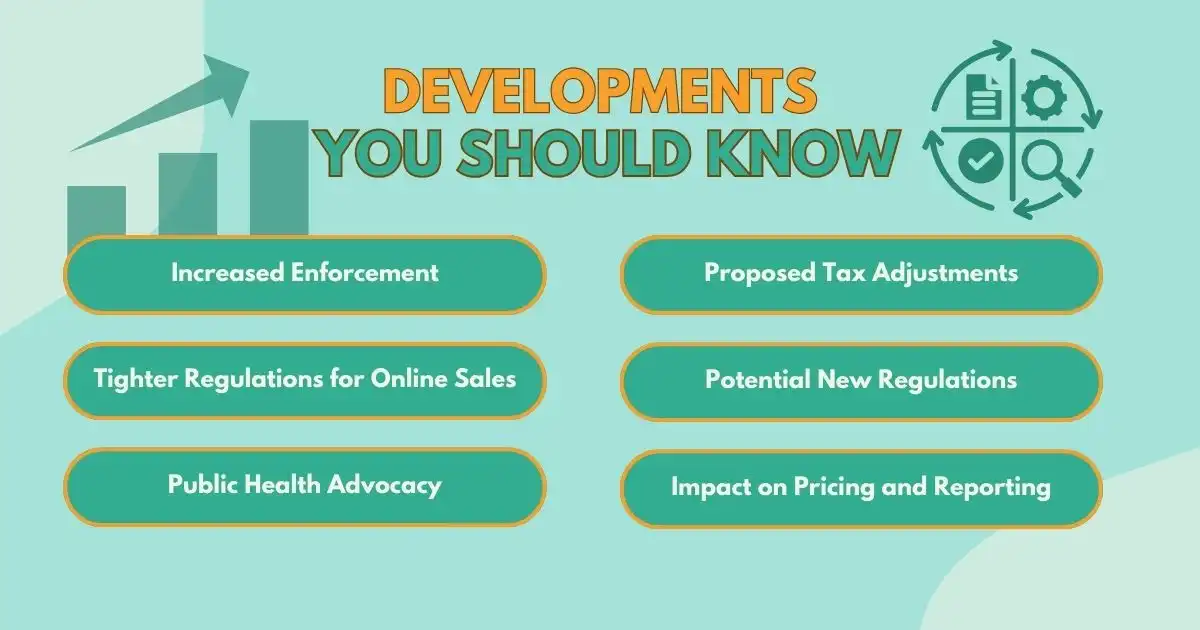
Though the CDTFA enacted the CECET in 2022, it continues to focus on enforcement and tightening regulations for online sales. The CDTFA has increased efforts to ensure compliance, with recent audits targeting both in-state and out-of-state vendors.
Public health advocacy groups have also pushed for higher taxes or additional regulations on vaping products in California. Some advocates argue that the current tax rate should adjust to account for the rising use of flavored vape products, which have become more popular among younger consumers.
As of late 2024, there is talk of introducing new regulations that may include restrictions on flavored nicotine products, alongside further amendments to the excise tax framework. Such changes are likely to impact both the pricing structure and reporting requirements for California businesses.
Challenges and Opportunities for Businesses
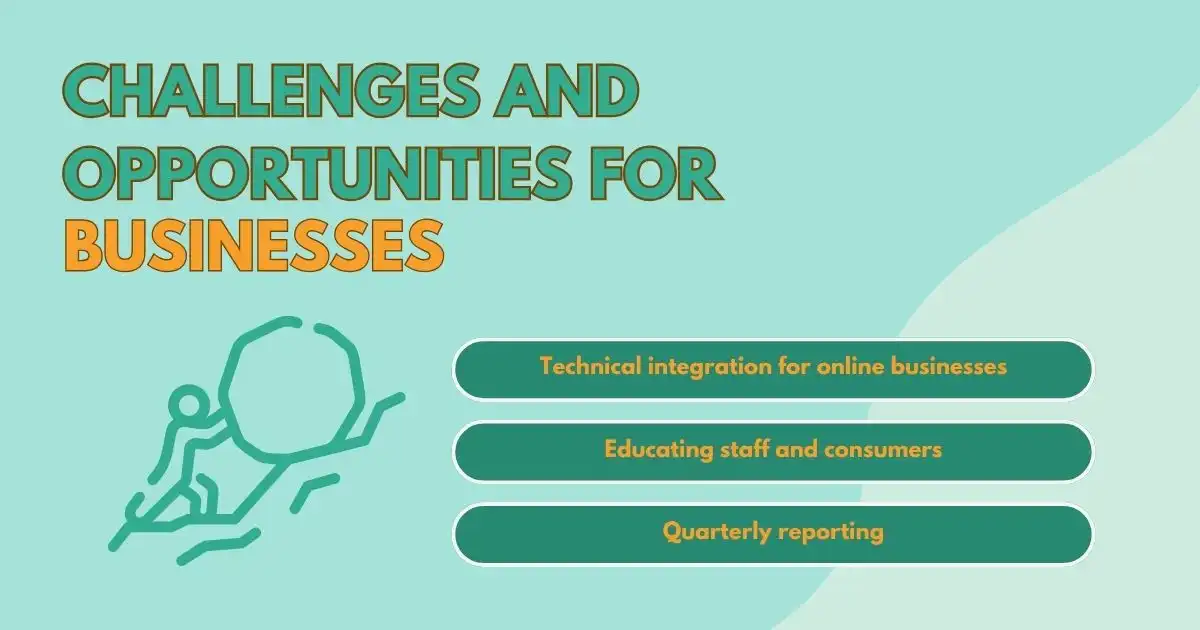
As with any new tax structure, the CECET presents a set of challenges for businesses. Some of the most common hurdles includes:
- Technical integration for online businesses: Businesses with e-commerce platforms must integrate the tax collection system into their checkout process. This can be complex, especially for smaller businesses that may not have the resources to upgrade their digital infrastructure.
- Educating staff and consumers: Businesses need to ensure their staff are aware of the new rules and can answer any consumer questions about the CECET. Additionally, consumers should be informed that the tax is not optional and is a legal requirement.
- Quarterly reporting: Staying compliant with the CDTFA’s filing deadlines is critical to avoid fines or penalties. Regular training and perhaps even outsourcing tax reporting to a service like VapeTaxes.com can help mitigate risks.
Resources for compliance
For businesses looking to navigate CECET compliance, several resources are available:
- Legal counsel: Consulting with experts in tax law and tobacco regulation is crucial to ensuring full compliance. Specialized legal firms can guide businesses through the process of acquiring permits and understanding their obligations.
- Tax collection solutions: Platforms like VapeTaxes.com are designed to integrate with e-commerce setups, ensuring that the excise tax is correctly calculated and reported. Businesses can automate their tax collection and filing processes to minimize human error.
- Ongoing education: Keeping up to date with the latest guidance from the CDTFA is essential for staying compliant. The CDTFA provides regular updates through their website, including FAQs, webinars, and other informational resources.
Save Time and Money with Our Vape Tax Solutions
Navigating the complexities of CECET requirements can be challenging, but you don’t have to do it alone. Token of Trust offers innovative solutions to automatically calculate and collect excise taxes, ensuring your eCommerce business stays compliant. Try our free tax calculator, simplify your reporting, and save time and money. Ready to take control? Speak with an expert and let us help you optimize your vape tax compliance today!
